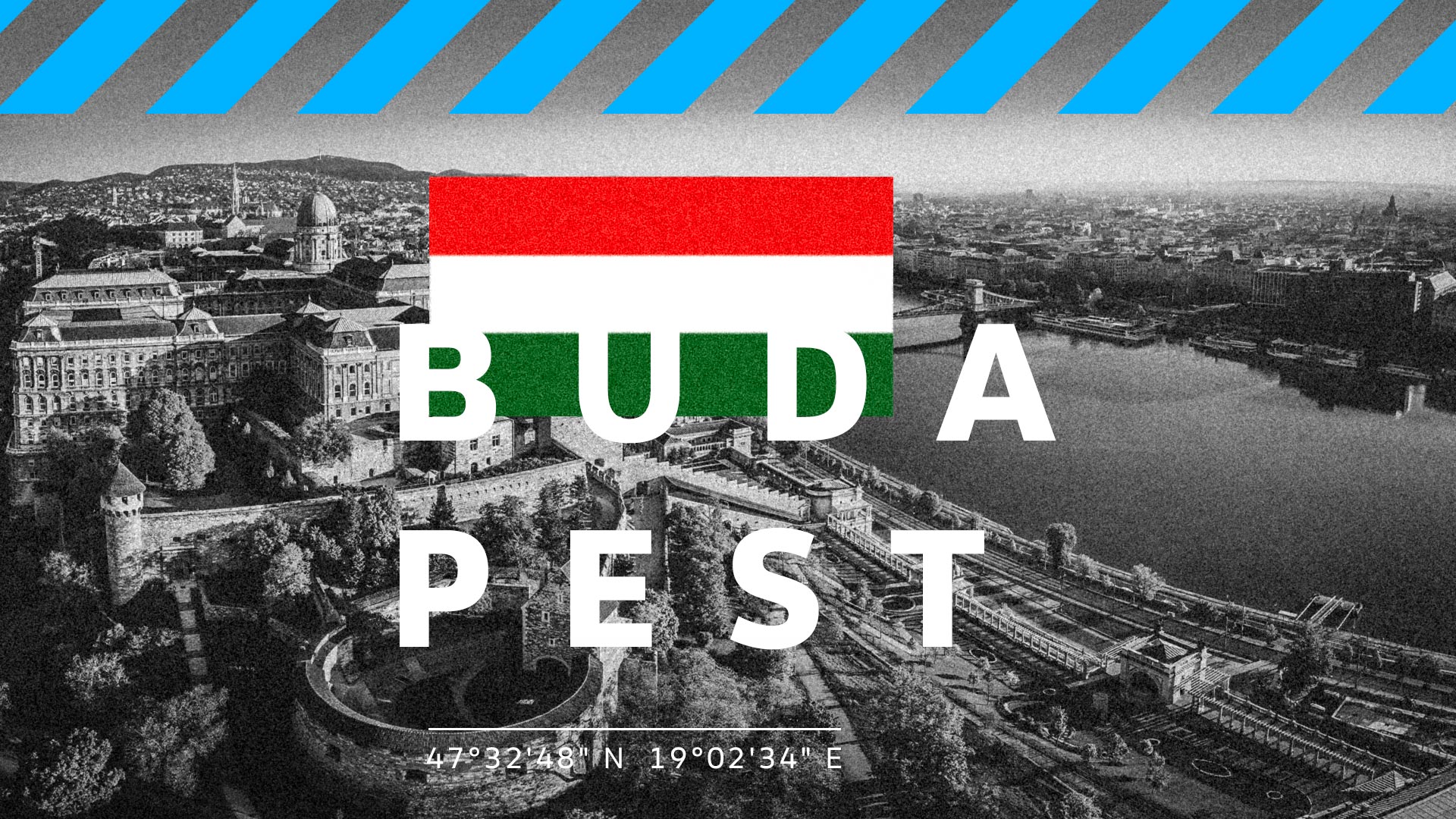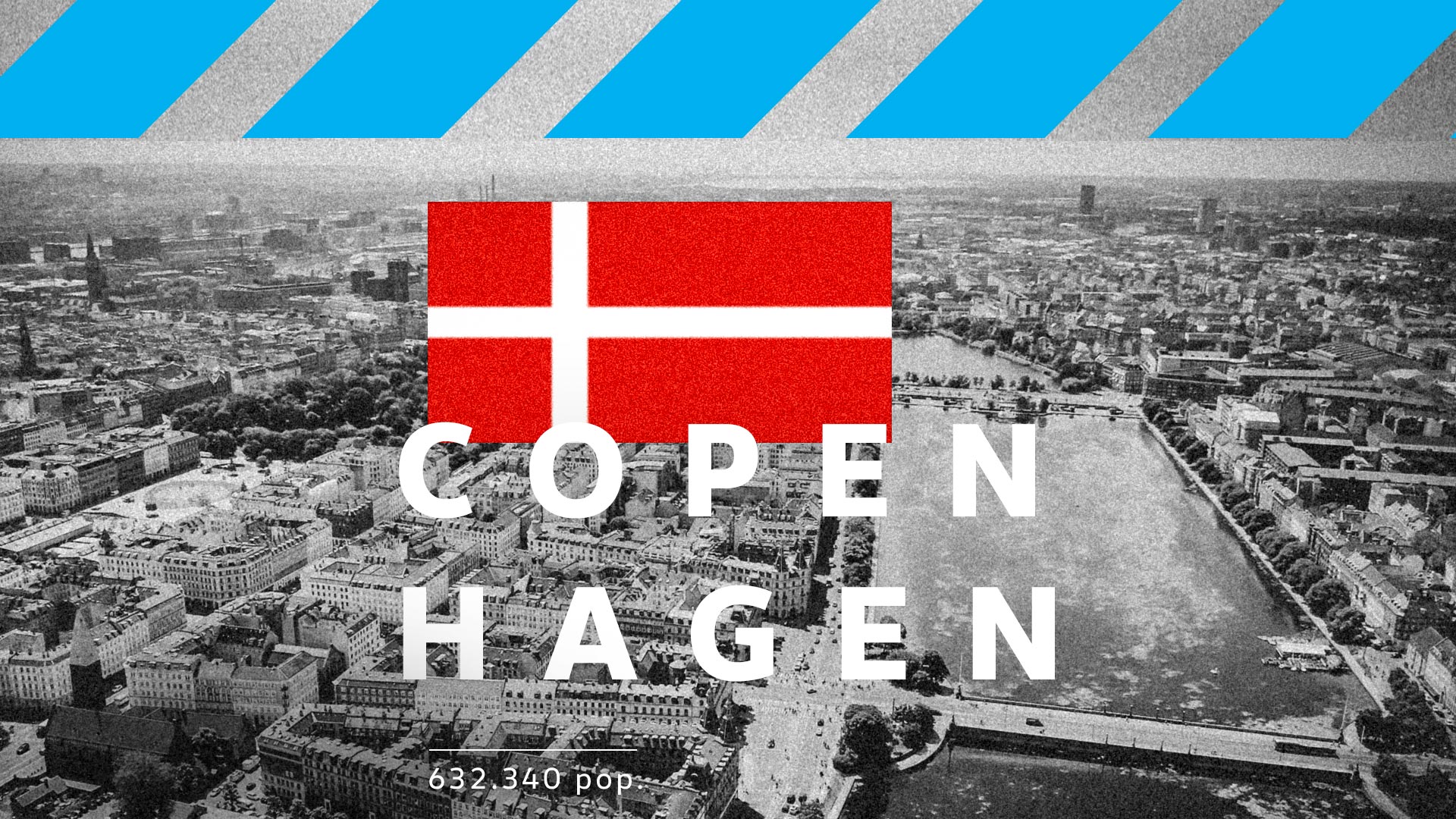UEFA EURO 2020TM:
St. Petersburg – a city at its football zenith
This is our local Vladislav
I can hear you, football
Football is a game for all senses. You can see, smell, touch and hear it. But what if hearing isn’t possible? If that sense is completely missing? This is just normal everyday life for Margarita Nikulina (31) from St. Petersburg because she is deaf. Yet that does not deter her from giving everything she has got on the pitch every day.
In her football team for deaf women, Margarita believes that the most important thing is “to sense your teammates on the pitch and to play with intuition because you can’t hear each other on the pitch or communicate with one another”. Friendship and trust are critical here.
A sign of her passion is the fact that, after a ten-year hiatus caused by injury, she battled hard to return and re-established herself on the pitch. That is what football is all about: passion and limitless determination, no matter what obstacles fate decides to put in your way.
Quarter-Final
July 2
Switzerland - Spain
Vladislav showed us a really special natural phenomenon that occurs in St. Petersburg – the “White Nights”. For all intents and purposes, the skies in St. Petersburg do not get dark during the summer and, as a result, the city is also teeming with activity at night. On his final matchday, he got to experience all the drama. Spain beat Switzerland in a thrilling penalty shootout and made it through to the semi-finals.
Matchday 3
June 23
Sweden – Poland
At the end of the group stage, we got goosebumps once again in Saint Petersburg. First of all, Vladi took us over the rooftops of his city and showed us the breathtaking panorama at sunset. Then, we were in the stadium, watching Poland and Sweden fight for a place in the next round. And breathe!
June 21
Finland – Belgium
Vladislav was very active this time, as he took his bike to show us some cool spots where the youth of St. Petersburg likes to hang out. In the evening he experienced a beautiful sunset close to the stadium and saw a strong Belgian team beating Finland.
Matchday 2
June 16
Finland – Russia
St. Petersburg goes crazy!
The city is excited about the UEFA EURO 2020TM. Vladislav saw this for himself and strolled through the UEFA fan zone for us. The perfect place to get in the mood with other fans before the match.
Matchday 1
The UEFA EURO 2020TM championships have now reached St. Petersburg, too.
Our local, Vladislav, stood in front of the arena on the eve of the first European Championship match between Belgium and Russia and enjoyed the calm before the storm as well as the fantastic setting in perfect weather for football.
However, that calmness was nowhere in sight on the day of the match itself. Chants, flags, colours and a pure football atmosphere were all on show here. And the game was some spectacle, too.
June 14
Poland – Slovakia
June 12
Belgium – Russia
St. Petersburg and the UEFA EURO 2020TM
After decades at Petrovsky Stadium, which seats just 21,000 spectators, Zenit Saint Petersburg got a fancy football temple of its own ahead of the 2018 World Cup. After its completion in April 2017 the St. Petersburg Stadium was immediately used as one of the venues for the FIFA Confed Cup and also hosted the final. St. Petersburg then hosted seven matches at the 2018 World Cup and will host the Champions League final in 2022.
With Dublin dropping out as a venue, St. Petersburg will host a total of seven matches at the UEFA EURO 2020TM, including six group matches and one quarter-final. Due to the pandemic current plans envision 30,050 fans, or roughly 50 percent of capacity, in the stadium to watch the European championship live.
St. Petersburg and football
In St. Petersburg everything revolves around the city's biggest and currently the most successful club in the country: Zenit Saint Petersburg. In 1925 the city was still called Leningrad in honour of Lenin, the founder of the Soviet Union. That year, what was later to become Zenit Saint Petersburg was founded in a local metal factory after being renamed several times. In 1944, under the name Zenit Leningrad at the time, it won the USSR Cup for the first time. During World War II the triumph held great significance for the beleaguered city. Only a few months earlier Leningrad had been liberated from the Wehrmacht blockade by the Red Army. After the war the club’s successes were few and far between. Only once, in 1948, did Zenit win the Soviet title.
In 2005 a large Russian natural gas company took over the club, and since then Zenit has been on the upswing, and not just financially. After Dutchman Dick Advocaat took over as manager in 2006, Zenit became Russian champions for the first time in 2007 and sensationally won the UEFA Cup in 2008.
In the years that followed, Zenit was always in the hunt, winning titles in 2010, 2012 and 2015. Although the capital Moscow is home to four traditional clubs – Lok, Spartak, ZSKA and Dynamo – which occasionally break St. Petersburg's supremacy in Russian football, in recent years Zenit has been the undisputed top dog once again, winning the league title three years on the trot.
Are you ready for adventures too? Just drive to Europe's biggest football cities yourself! With the all-electric ID.4 from Volkswagen.
The city’s greatest football moment
To this day it is the greatest success in the club's history: after winning the title in 2007, Zenit Saint Petersburg shook up Europe the following year, winning the UEFA Cup in 2008 with a 2-0 win over Glasgow Rangers in the final. Along the way Zenit eliminated a true heavyweight in FC Bayern in the semi-finals. And how!
Bayern travelled to St. Petersburg for the return leg with a 1-1 draw from the first leg. Zenit was still playing in the small Petrovsky Stadium at the time. Only 21,000 spectators could fit into the outdated cauldron on Petrovsky Island, which can only be reached via a bridge. With future Bundesliga stars Tymoshchuk and Pogrebnyak in the squad and the special atmosphere, the Russians played themselves into a frenzy and won 4-0. The Munich star ensemble of Lahm, Klose, Ribéry and Schweinsteiger was thoroughly outclassed on this 1st of May 2008. In goal Oliver Kahn suffered a bitter defeat in his last European Cup match; just 16 days later he ended his career.









